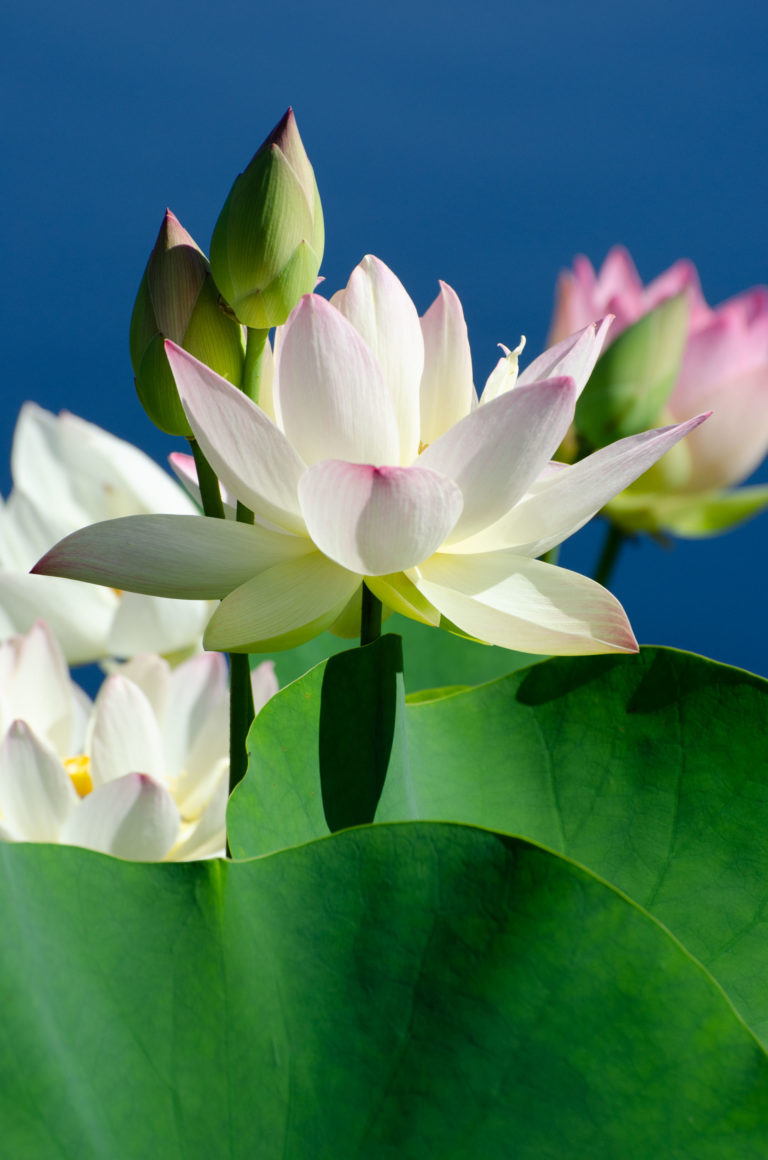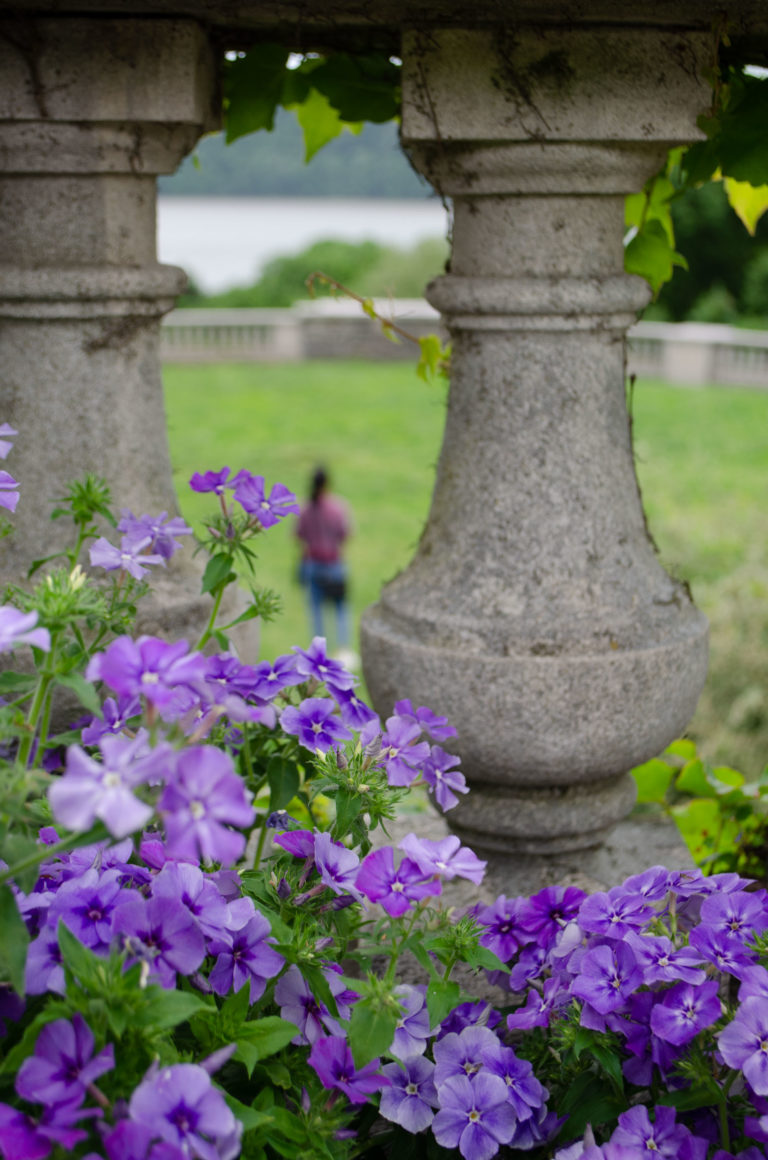
Sound Bath Meditation led by Artemis Audio & Ayurveda
What is a sound bath?
A sound bath is an immersive listening experience that allows sound to intentionally “bathe” or wash over you.
The vibrations, melodies, tones and frequencies created in a sound bath may impact the body on a cellular level, helping to release tension and stimulate the natural healing process.
The goal is deep relaxation, self-reflection, and perhaps a dreamlike meditative state.
Sonic healing, in this case a sound bath, has been shown to have a profound effect on the mind, spirit, and body.
Music is enjoyable and uplifting, evoking a range of imagery and emotions; likewise with singing bowls and chimes in sound healing.
A tranquil, transcendent and stress-reducing effect often occurs.
When sound waves are directed at the body, they can penetrate deep into cell tissue.
Sound healing has been shown to stimulate the release of endorphins and promote a sense of well-being.
How do I receive the healing benefits of singing bowls?
Have an open mind and allow your body to be comfortable.
Sit or lie down and be guided.
You may enjoy closing your eyes, wrapping yourself in a blanket, and having a pillow, bolster, or meditation cushion.
The instruments and their players will do the work; you receive the benefits.
The human body can consist of up to 75% water and water is a conductor of sound
Benefits of Tea and the Water Element in Ayurveda
In the holistic healing practice of Ayurveda (ayur means “life or longevity”; veda means “knowledge, wisdom, science” in Sanscrit), drinking hot water to remove toxins from the body is a key practice.
When hot water is infused with herbs and spices, it is thought to provide prana (vital energy) and help to move it, enhance digestion.
The winter season, connection to the water element representing the reserves within.
Masala Chai
In Hindi, the word for tea is “chai”; “masala” means spiced. Common herbs in a classic chai often include a blend of clove, cinnamon, anise, ginger, cardamom and black pepper, which is very beneficial for Kapha (winter) season.
It is considered beneficial due to these warming properties and they can also be anti-inflammatory, anti-septic, and encourage circulation, especially during the colder months.
According to Ayurveda, Chai is also energizing, heartwarming, uplifting and very beneficial for Kapha (winter) season.
A few other recommendations for teas and spices for winter with Ayurvedic properties include: cocoa, ashwaganda, and chaga.
The base is usually a black tea, and it is steeped with milk (or dairy-free alternative) and sweetener (honey, maple syrup or agave), or served latte style.
Ingredients in this blend include: organic black tea*, organic cinnamon, anise seeds, cloves, and cardamom pods with natural nutmeg, ginger, clove.
*This tea contains caffeine.
Winter Wonderland Rooibos
Rooibos is suitable for all doshas (body personalities).
Rooibos tea only grows in South Africa, and comes from a plant in the legume family called Aspalathus linearis.
It offers immune-boosting benefits comparable to Zinc and Vitamin C, assists with relieving tension and easing the nervous system, is packed with antioxidants, and aids digestion.
This herbal tea is alternatively called bush tea, red tea, or redbush tea.
This tea blend may also be steeped with milk and sweetener, or served latte style.
Ingredients in this blend include: organic green rooibos*, cacao nibs, and cinnamon pieces with winter wonderland flavoring** (chocolate, cinnamon and hazelnut) and blue cornflower petals.
**This flavoring does not contain any live allergen ingredients.

